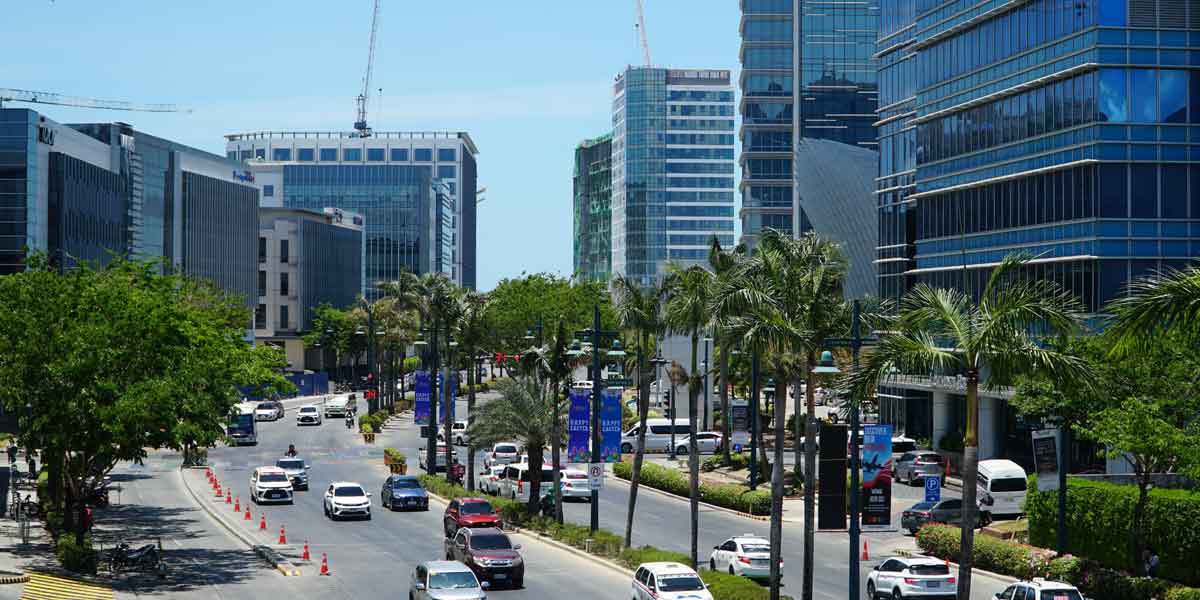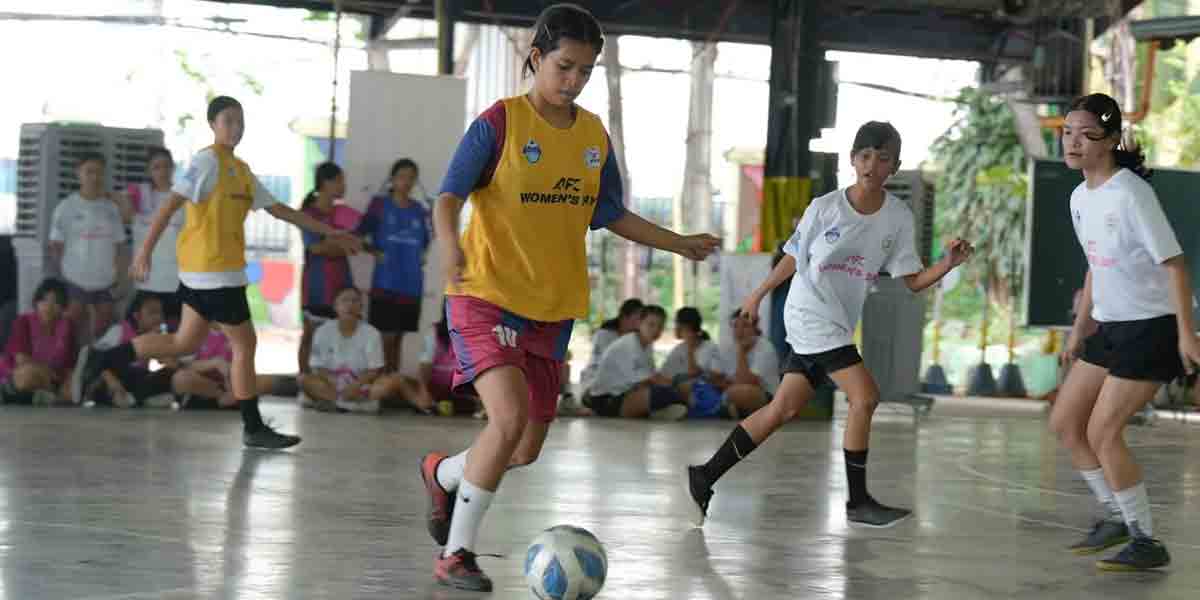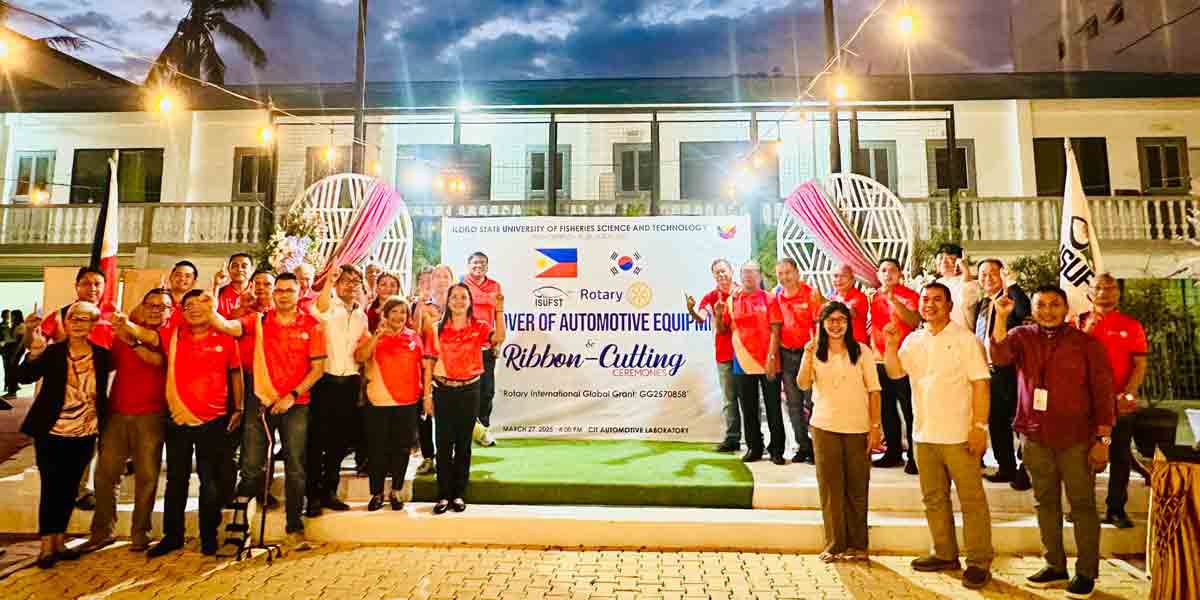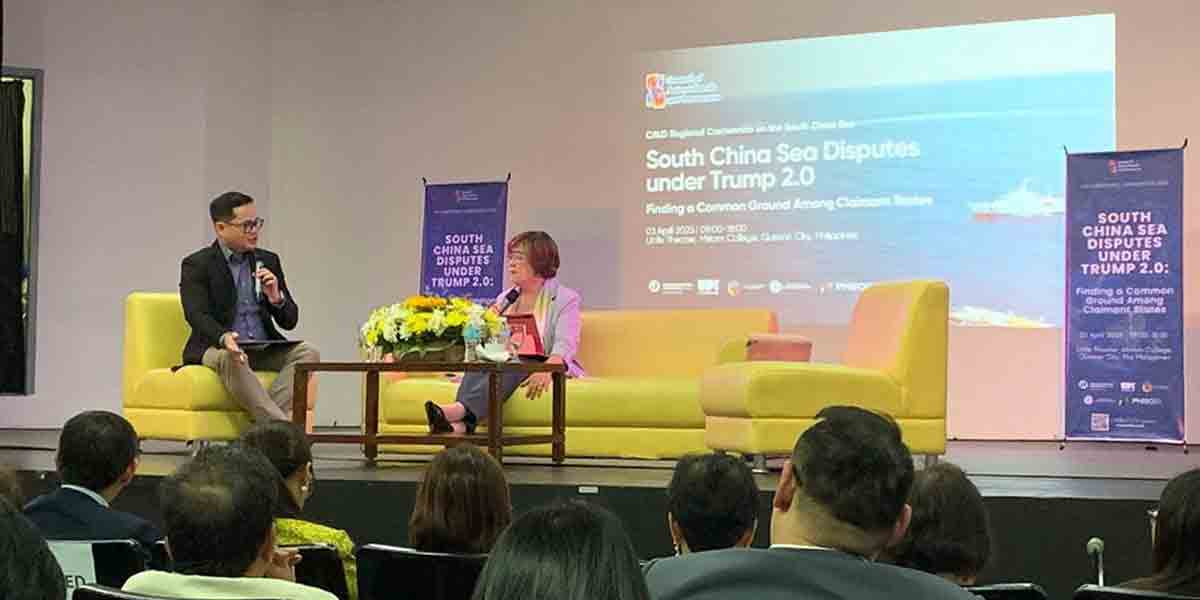By Jennifer P. Rendon
How do the New People’s Army (NPA) and its allied organizations “recruit and radicalize” students?
Representatives from the Regional Task Force – to End Local Communist Armed Conflict VI (RTF-ELCAC-6) discussed this topic with three universities in Panay in a meeting last week.
In a press statement, the Philippine Army’s 3rd Infantry Division said that RTF-ELCAC-6 met with the administration of the three universities to discuss “situational awareness on the current effort of the CPP-NPA to infiltrate educational institutions.”
The task force visited the Aklan State University-main campus in Banga, Aklan on January 28; Filamer Christian University in Roxas City, Capiz on February 3; and Central Philippine University in Iloilo City on February 4.
Major Cenon Pancito III, Philippine Army’s 3rd Infantry Division III spokesperson, said the dialogue was centered on enlightening the academe on the tactics of the CPP-NPA to recruit students.
It was also aimed on forging partnership with state universities that shall protect them from the real attack on academic freedom, he added.
Pancito said the state universities, through their presidents, have expressed willingness to be tapped in any endeavor that will foster growth and development not only for the institution but also among the students.
Meanwhile, Major General Eric Vinoya, 3rd ID commander and the Chairman of RTF-ELCAC’s Peace, Law Enforcement and Development Support (PLEDS) Cluster, underscored the importance of the dialogue between RTF-ELCAC 6 and academe in understanding the tactics of the CPP-NPA to infiltrate schools.
“Communication is the key to understand the problem. I am glad that state universities are very much willing to open their doors for us to share enlightenment on the deceptive recruitment activity of the communist-terrorist group,” Vinoya said.
He added that the academe and the RTF-ELCAC backed by the different agencies under its umbrella, share the same vision of protecting the school as an institution, and the students as the future of this nation.
“With their willingness to forge a partnership with the RTF-ELCAC 6, we are looking forward to a more resilient and collective effort in alienating the schools from the CPP-NPA and allow the institutions to mold promising young individuals into worthy citizens of this country,” Vinoya said.
The RTF-ELCAC 6 is composed of 12 clusters from the different government agencies tasked to lead the government’s peace campaign through the whole-of-nation approach.
The 12 ELCAC clusters consist of: Local Government Empowerment; Basic Services; Poverty Reduction, Livelihood and Employment; Infrastructure and Resource Management; Sectoral Unification, Capacity-Building, Empowerment and Mobilization; International Engagement; Legal Cooperation; Situational Awareness and Knowledge Management; Strategic Communications; Local Peace Engagement; EClip/Amnesty Program, and; Peace, Law Enforcement and Development Support.






















